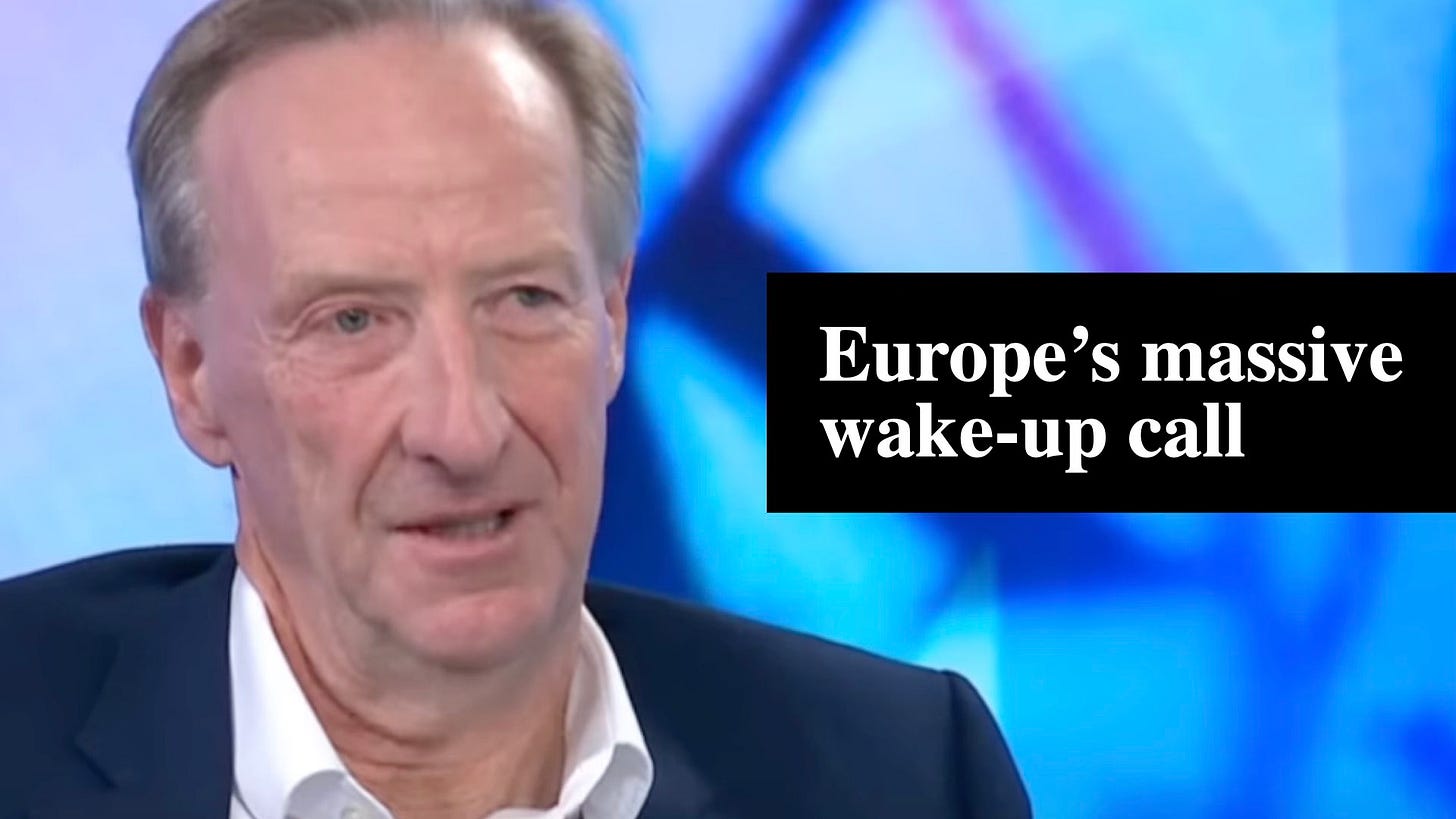Rise of Strongman Leaders Signals Post-Cold War Era's End, says Former MI6 Chief
Former intelligence chief warns of shift from multilateral institutions to power politics, urges Europe to build military capability
The international community is witnessing a fundamental reshaping of global politics, with traditional rules-based systems giving way to deals between powerful leaders, according to former MI6 chief Sir Alex Younger.
Speaking about recent developments in US-Russia relations, Sir Alex warned that we are entering "a new era where international relations aren't going to be determined by rules and multilateral institutions - they're going to be determined by strong men and deals."
This shift represents more than just a temporary deviation from post-World War II norms. The Allied powers, particularly the United States and Soviet Union, who emerged victorious from World War II at extraordinary human and economic cost, initially channeled their influence through the UN Security Council. However, that institution has increasingly struggled with the very power politics it was meant to transcend.
Drawing parallels with the 1945 Yalta Conference, Sir Alex highlighted how this shift mirrors historical moments where "three strong men... on behalf of the big countries, the strong countries, decided the fate of small countries."
The former intelligence chief pointed to a crucial change in America's global position. "The world we had before was based on the unipolar moment where America had both the means and the will to assert itself across the world," he explained. "It's now a significantly smaller relative player."
These developments suggest nothing short of a global reset in international relations, marking a definitive end to the post-Cold War order that has dominated global politics for the past three decades.
This transformation has particularly significant implications for Europe, which Sir Alex suggests has been slow to recognise the new reality. "There's an entry ticket to this conversation," he noted, "and sadly it's not our soft power or our values - it's hard power."
Addressing concerns about Russia's position, Sir Alex emphasised that while Putin might appear emboldened, the situation remains precarious. "The Russian economy is grossly out of shape and cannot be run like this for more than another year," he observed, adding that Putin has suffered significant losses with "800,000 killed or wounded."
However, he cautioned against complacency, particularly regarding European security. "As a European, it's a massive wake-up call," he stated. "We are 10 times richer as European NATO than Russia. We absolutely have the capability to build up the necessary military forces to resist this, but if we don't do that, then yes, this is the stuff of nightmares."
Sir Alex stressed that while Europe must adapt to this new reality, it retains significant advantages if it chooses to act. "Europe will own more of this at the end than it did at the beginning," he concluded, emphasising the urgent need for European nations to develop their hard power capabilities.
The stark assessment comes amid growing concerns about the future of NATO and Western solidarity, particularly regarding support for Ukraine. With the possibility of significant changes in US foreign policy on the horizon, European leaders face mounting pressure to strengthen their independent defence capabilities and strategic autonomy.


